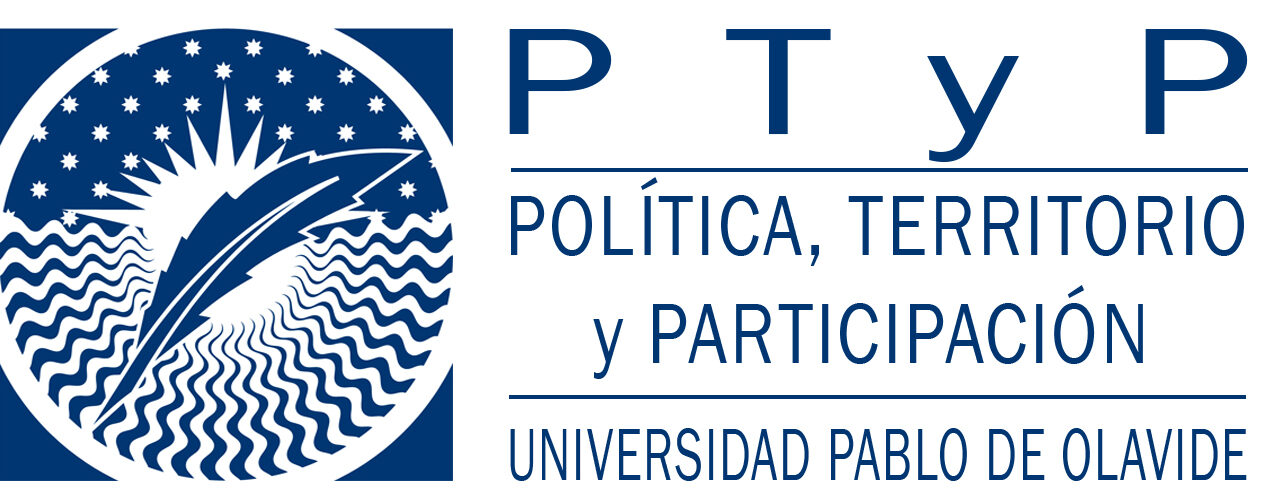This research is based on current evidence and has a great impact on public opinion and the functioning of democracy: politicians have become the third problem for Spaniards, according to the CIS barometers. The mobilizations of 15M amplified this perception to the cry of "do not represent us", addressed to parliamentarians from different institutions. In short, there is a discomfort towards politicians that, according to experts, causes greater disaffection that has been widely studied. This negative perception of politicians (and politics) overlaps with a broad ignorance of our representatives that is, to a large extent, replicated in the scientific community, although there have been notable advances in Spain. Even so, we still know very little about who our representatives are, why they devote themselves to politics, what they do in parliaments, how they get a seat, how they stay in the institutions, what they do when they leave parliaments, how they relate to their fellow citizens or, simply, what they think about relevant aspects of the functioning of democracy of which they are the main actors. We also do not know how they relate to civil society organizations (and citizens) and what role new communication technologies (Internet) play in the relationship between representatives and represented.
Methodology
The project that we present wants to help shed light on these gaps to know how our representatives think and act and how they relate to those represented. To this end, we are conducting interviews with a representative sample of national parliamentarians (Catalonia, Basque Country, Andalusia, Asturias, Comunidad Valenciana, Extremadura and Navarra). The current political moment, of great agitation, the emergence of new parties and elections close to all levels, makes this study current and relevant.
We interviewed a sample of 66 MPs in the selected parliaments of Andalusia, Asturias, Catalonia, Extremadura, Navarra, Basque Country and Valencia (11% of the population of these parliaments). Inside every chamber, we used gender and party to generate quotas. See Table 1 below for the complete distribution. MPs were contacted by mail and face to face interviews were carried out by team members of the research project, lasting an average of 35-40 minutes. Interviews followed a semistructured guide dealing with a number of issues related to the representative link, the selection of politicians, different forms of political participation, the economic crisis, and the role of ICTs in politics (among others).
Table 1. Motivated Sample Distribution.
| Parliament | MPs | Interviews | Sex | Party | |||
| Men | Women | PSOE | PP | Other | |||
| Andalusia | 109 | 11 | 6 | 5 | 4 | 5 | 2 |
| Asturias | 45 | 8 | 5 | 3 | 3 | 1 | 4 |
| Catalonia | 135 | 13 | 7 | 6 | 2 | 2 | 9 |
| Extremadura | 65 | 7 | 4 | 3 | 3 | 4 | 0 |
| Navarre | 50 | 8 | 7 | 1 | 1 | 1 | 6 |
| Basque Country | 75 | 9 | 5 | 4 | 2 | 2 | 5 |
| Valencia | 99 | 10 | 7 | 3 | 2 | 6 | 2 |
| TOTAL | 578 | 66 | 41 | 25 | 17 | 21 | 28 |
Note: The “Other” category includes IU in Andalusia; UPyD, Foro Asturias, and IU in Asturias; CiU, ERC, and Ciutadans (Cs) in Catalonia; UPN, Bildu, and Nabai in Navarre; Bildu and EA-NV in the Basque Country; and IU and Compromís in Valencia. See acronyms below.
Table 2. List of parties and acronyms whose MPs have been interviewed
| ACRONYM | NAME | |
| PP (PP) | Partido Popular | People’s Party |
| PSOE (PS) | Partido Socialista Obrero Español | Spanish Socialist Workers Party |
| IU (IU) | Izquierda Unida | United Left |
| UPyD (UPD) | Unión, Progreso y Democracia | Union, Progress and Democracy |
| FAC (FA) | Foro Asturias | Asturias Forum |
| C’s (CS) | Ciudadanos | Citizens |
| CiU (CIU) | Convergencia i Unió | Convergence and Union |
| UPN (UPN) | Unión del Pueblo Navarro | Navarrese People’s Union |
| BILDU (BI) | Euskal Herria Bildu | Basque Country United |
| NABAI (NA) | Nafarroa Bai | Yes to Navarre |
| EA-NV (PNV) | Euzko Abertzaleak – Nacionalistas Vascos | Basque Nationalist Party |
| Compromís (CO) | Coalició Compromís | Commitment Coalition |
| ERC (ERC) | Esquerra Republicana de Catalunya | Republican Left of Catalonia |
Notes: UPyD has become an irrelevant party in the Spanish political scenario. CiU coalition has refunded itself after the two constitutive parties broke apart, UDC disappeared and CDC changed its idearium formally becoming a pro-independence party called now Partit Democrata de Catalunya (PdCAT).
Keys of the interviews: each interview is assigned a code composed of letters and numbers. For instance: ASIU20M. The first two letters are those of the autonomous community of which the interviewee is a representative of. They are followed by the acronym of the party (see table 2 above). Then the numbers refer to the level of expertise in parliament and the level of usage of ICT in politics. The last letter refers to the sex of the interviewee (H = male; M = Female).



